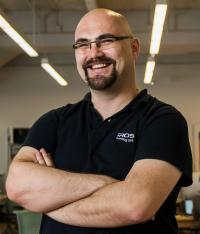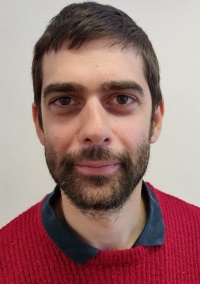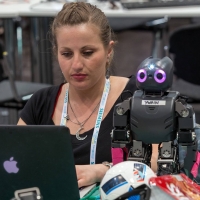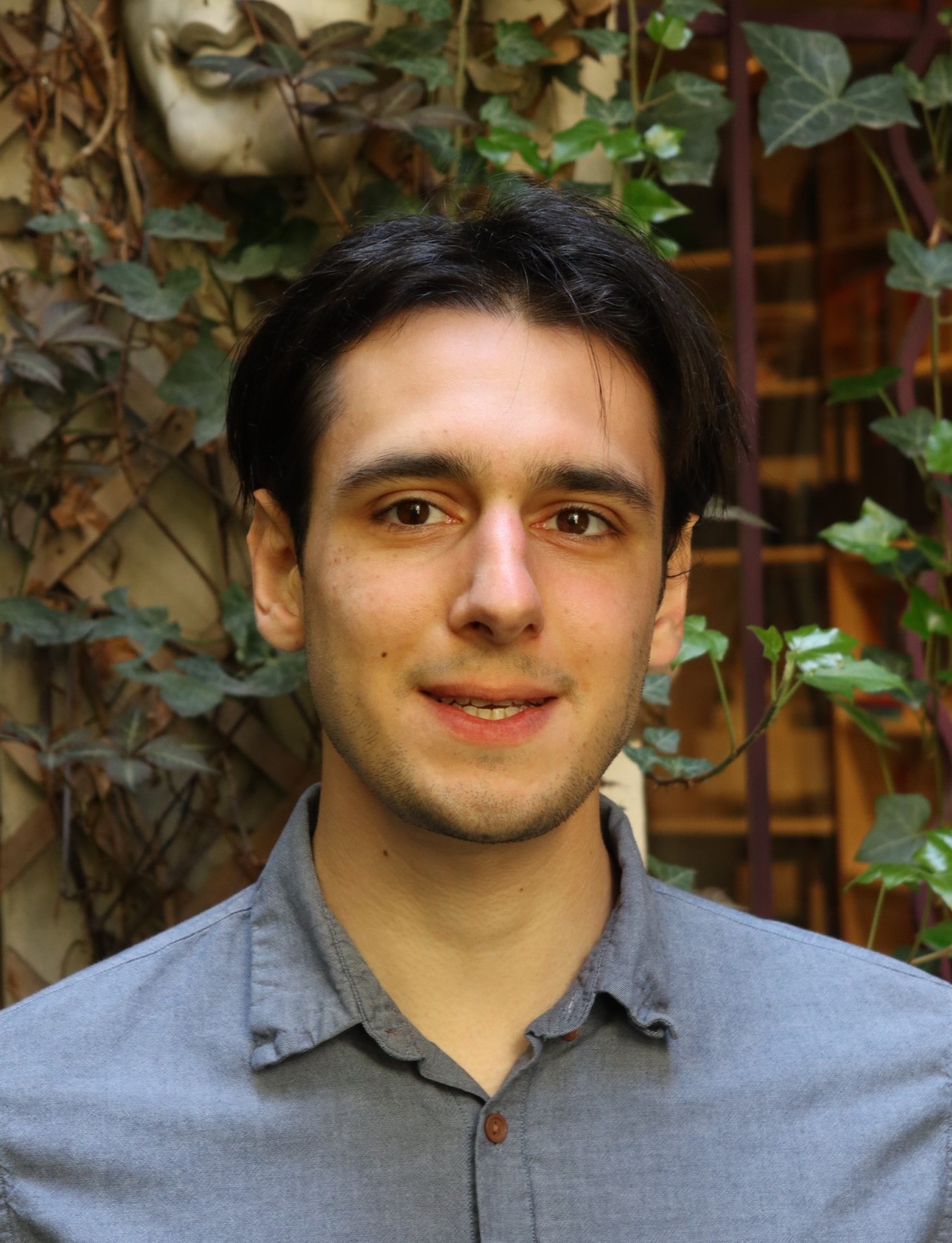This website uses cookies that store information about your usage of the page. By continuing to use this page you confirm you are happy with that.
Review and change how cookies are used.
Our members are people with expertise from areas of computer science, artificial intelligence, mathematics, biology, and engineering, and students heading that way.

LC255
4380
d.polani@herts.ac.uk
Research Profile
Principled Approaches to Artificial Intelligence, Robotics and Artificial Life; Origins of Intelligence and Life, Principles of Cognition, Evolution of Sensors and the Perception-Action Loop, Information-Theoretic Formalisms for Modeling Cognition; Complex Systems, Self-Organization and Emergence, Multi-Agent Systems, RoboCup
LC257
j.t.kim@herts.ac.uk
Artificial Intelligence, Artificial Life, Biological Information, Bioinformatics, Evolution, Genetics, Genomics, Gene Regulatory Networks, Morphogenesis, Biodiversity, Sustainability, Plant Sciences, Programming, Software Engineering

E114B
77576
c.salge@herts.ac.uk
Research Profile
Artificial Intelligence, AI in Games, Game AI, Artificial Life, Intrinsic Motivation

Human-Robot Interaction, Social learning, Robots in Therapy and Education, Socially Assistive Robotics, Socially Intelligent Agents

Evolvability, Mathematics for Computational & Theoretical Bology, Meaning for Observers & Agents Post-Reactive Systems

Affective and social robotics, adaptive intelligent behavior, artificial autonomous agents, emotion modeling, motivated behavior and social interactions, minimal and embodied cognition and affect, developmental and epigenetic robotics, emotion development and attachment in robots, embodied computational psychiatry

LC262
4347
m.l.walters@herts.ac.uk
Research Profile
Human-Robot Interaction, human factors, preferences and perceptions of robot appearance and social behaviour, Human-Robot Proxemics, experimental ethodology development, User Interface and API design and development. Fuzzy logic, genetic algorithm and neural network systems development, and sensor data fusion for robotics applications, Robotics for Education.

C114
4766
n.catenacci-volpi@herts.ac.uk
Research Profile
Personal Website
Artificial Intelligence, Planning, Decision-Making, Bounded Rationality, Intrinsic Motivation, Information Theory

E308
4429
m.lewis4@herts.ac.uk
Research Profile
robot models of mental disorders, affective decision-making, autonomy in companion robots

Robotics, Human-robot Interaction, Social Robotics, Cognitive Architectures, Behavior-based Robotics, User Profiling and Recommendation, Multi-agent systems, RoboCup

Robotics, Autonomous Behavior Generation in Robots, Artificial Intelligence, Human-Robot Interactions, Information-Theoretic Formalisms for Modeling Cognition, Robot and Human Social Cognition, Self-Organization and Emergence, RoboCup and Machine Learning

affect modelling, group dynamics, evolution of affect and culture, social hormones, artificial life, agent-based modelling, consciousness/cognitive science

Principles of Cognition, Sensorimotor Contingencies, Information Theory, Dynamical systems

Deep Learning, Reinforcement Learning, Information Theory, Intelligent Transport System, Robotics
Faizan Rasheed received his bachelor's degree in electronics engineering from Isra University, Pakistan, in 2018, and his master’s degree in computer science (by research) under a joint degree programme of Sunway University, Malaysia, and Lancaster University, United Kingdom, in 2021. He is currently pursuing the Ph.D. degree in computer science at the University of Hertfordshire, United Kingdom. Faizan’s research interests include domain of intelligent transportation systems, robotics, information theory and machine learning, specifically reinforcement learning and deep learning.

C114
4766
a.robu@herts.ac.uk
Personal Website
Information Theory in Artificial Life and Artificial Intelligence

Informational constraints of decision making and navigation